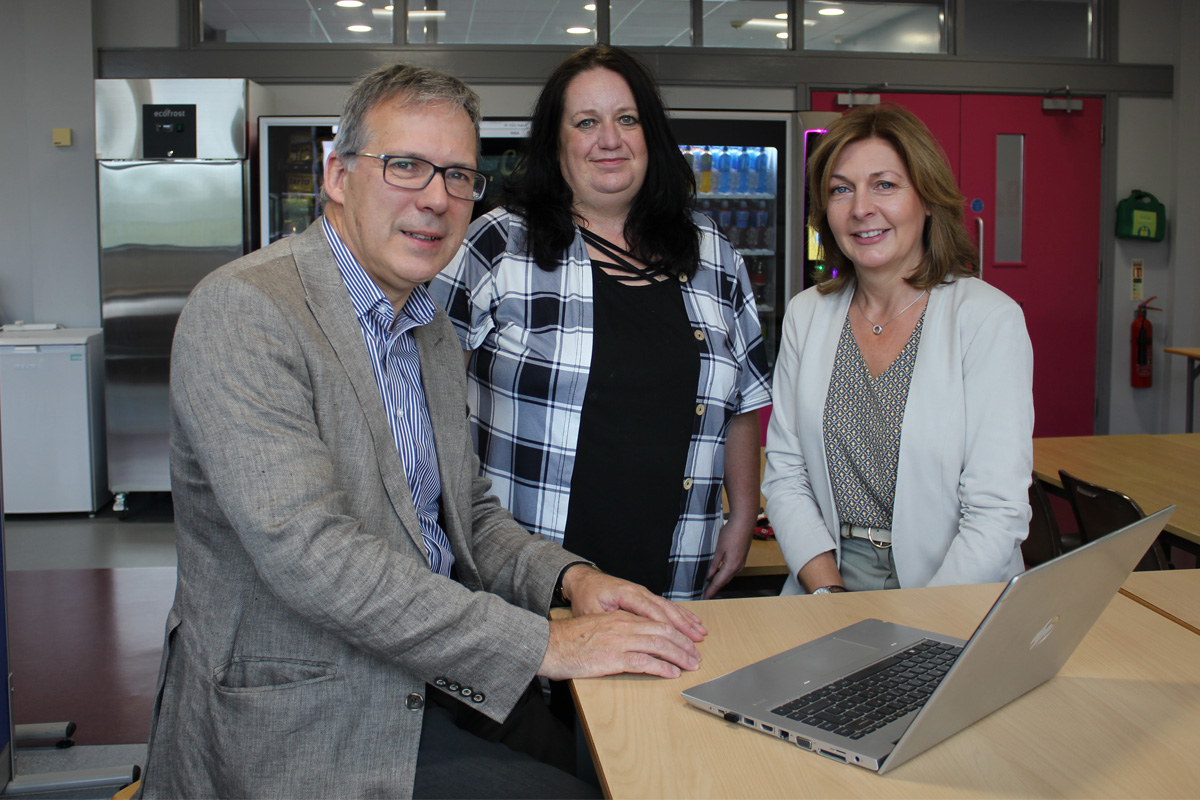What does Augar means for disadvantaged young people?

What will DfE’s Augar response will mean for young people from disadvantaged backgrounds?
Respond to the Department for Education’s response to the Augar review of post-18 education in England, Johnny Rich and Rae Tooth, Co-chairs of the Fair Access Coalition, said:
“Today’s announcements will make it harder for young people from underrepresented backgrounds who are already less likely to attend university to do so. Each proposal cuts away at opportunity. Taken together, these proposals will create an insurmountable barrier for some young people from underrepresented backgrounds who have the potential to succeed in higher education. Minimum entry requirements and other blunt policies fail to account for the number of inequalities young people face in our education system before applying to university.
“We will only achieve fair access for young people from underrepresented backgrounds by making our education system fair. These proposals fail to meet this challenge and damage the life chances of those who already have the fewest opportunities.”
- Minimum entry requirements act as an arbitrary, blunt tool, and prevent universities from judging students on their individual merits and context. Gaining a grade 4 in English and maths GCSEs is already a significant obstacle to accessing university for young people from disadvantaged backgrounds, and those who do so without these qualifications have most likely already overcome additional barriers. The policy sends a signal to many young people that university is becoming more exclusive and is not suitable for those who have struggled to succeed in an inequal education system.
- Foundation Years are a crucial route for young people who have the potential to succeed at university but don’t necessarily have the required grades at their time of application. They also provide an introduction to the university environment and experience for students who are traditionally less familiar with it. Increasing their affordability is a positive move. However, we are concerned this risks making them too expensive and difficult for universities to continue and would want this risk mitigated before any changes were made to their funding.
- The introduction of the National State Scholarship has the potential to positively impact the ability of young people from disadvantaged backgrounds to access university. The eligibility around “high-achieving”, however, risks limiting the funding to those who have already overcome the biggest barrier to higher education – attainment – and therefore are already more likely to attend than their peers. Using the sector definition, this amounts to only 1,000 students a year. To ensure this programme can have the biggest impact, all young people who meet a certain household income criteria should have equal chance of accessing the scholarship.
- The changes to the loan repayment scheme will benefit highest earners, the majority of whom are from more advantaged backgrounds, the most. By lowering the threshold, extending the period of repayment and reducing the interest rates, middle and lower income graduates will see their contributions rise significantly, further widening the gap between their repayments and those made by graduates with the highest salaries.
- The proposals suggested place the focus on the student and their ability to overcome set barriers to access higher education. Inequal access to higher education is the result of inequalities within our education system that impact attainment, sense of belonging and familiarity with the systems of higher education. It is not the responsibility of the individual students to overcome this, and our focus must be on eradicating the wider inequalities that create these barriers if we wish to close the access gap.











Responses